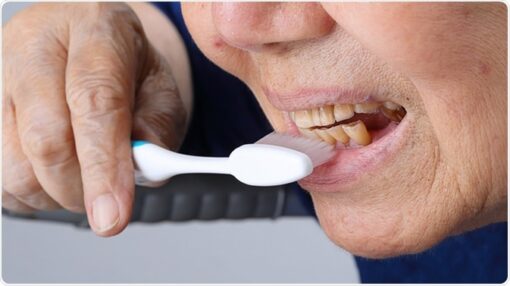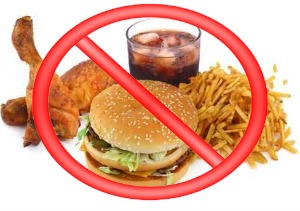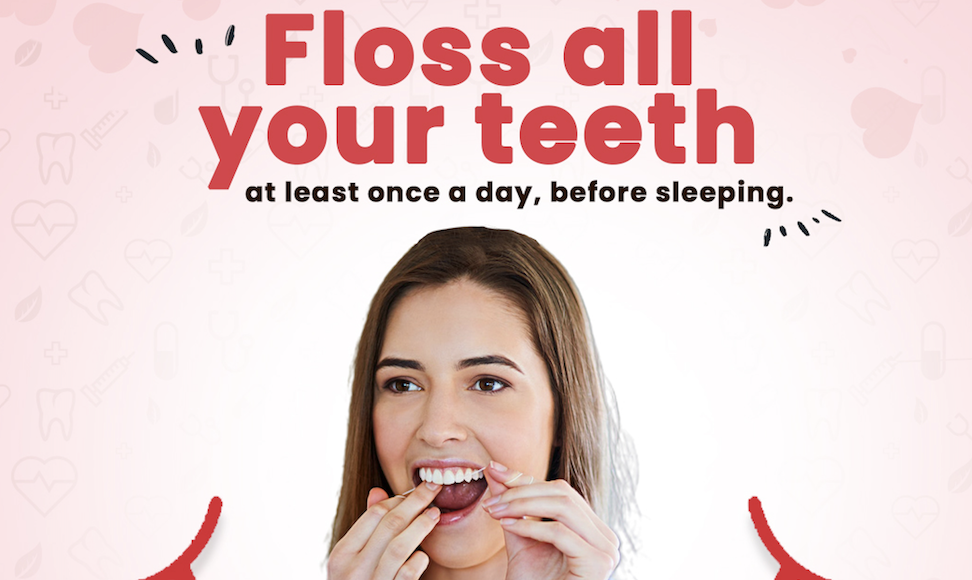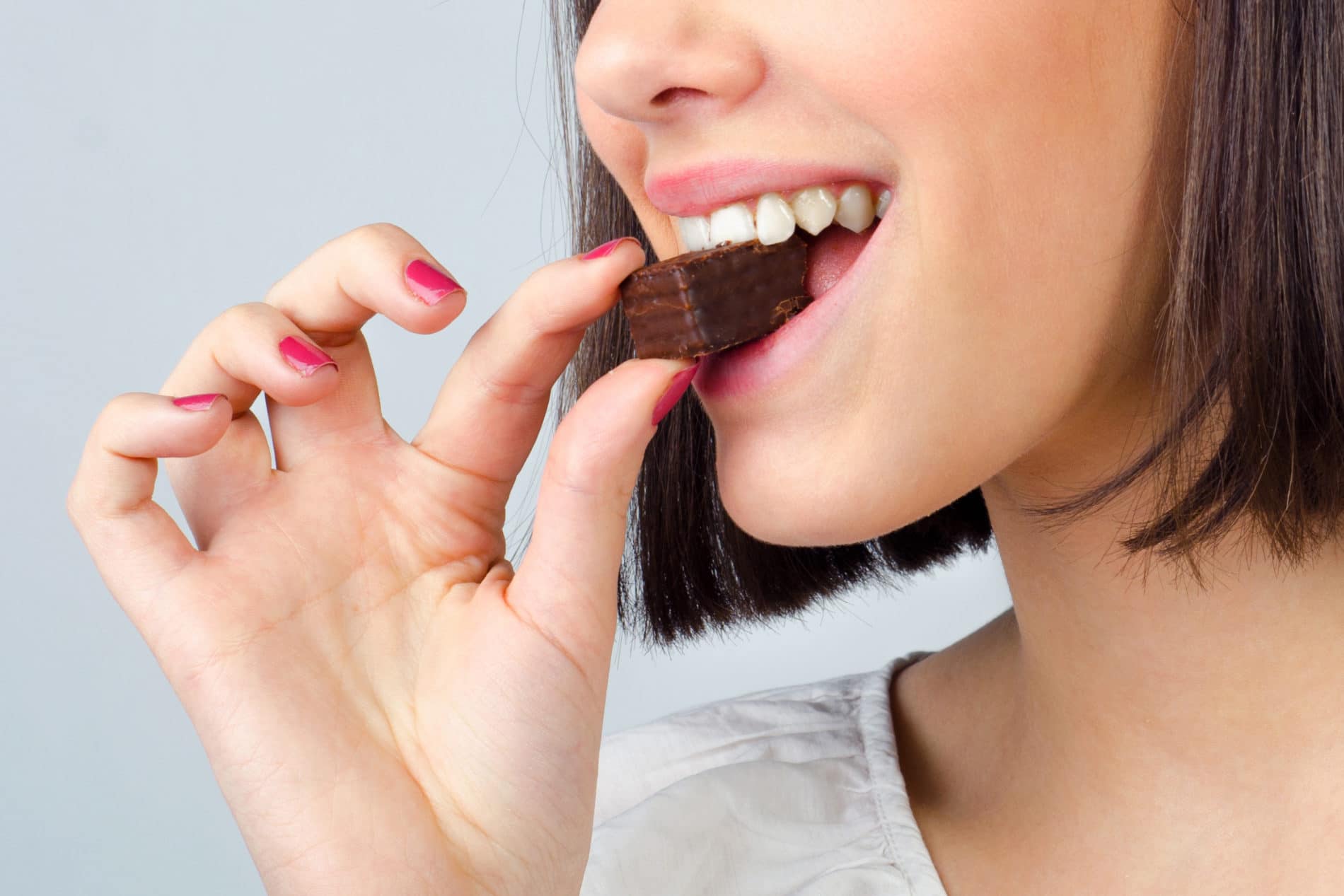Did you know that tooth loss is one of the most common oral health issues in elders? Age-related teeth loss affects up to 80% of adults over 65 years old. It’s a natural process but it can be accelerated through certain habits and lifestyle choices. For example, poor dental hygiene, smoking, chewing on ice, frequent hot and cold drinks, eating hard food such as nuts or candy, etc. Additionally, some medical conditions increase your risk of decay or gum disease which may result in tooth loss. Luckily there are some preventive measures you can take to reduce your risks and maintain the health of your oral tissues. Keep reading for more details about reasons for tooth loss in elders and how to prevent it.
Things to know about Tooth Loss in Elders
Before we get into the causes and tips for preventing it in elders, let’s take a look at some things to know about it. Dental health is important at every age, but it becomes even more critical as we age. Elders need to be mindful of the signs of tooth loss and be proactive about preventing it. And also to be aware of the services available at dental offices that can help with tooth loss.

As we get older, the density of our bones decreases, and that also applies to the bones in our teeth. The amount of tissue and blood vessels in the gums also shrinks, and that makes the gums more likely to recede, exposing the roots of the teeth. Teeth are naturally vulnerable to decay and gum disease, and that risk increases as you get older.
What Causes Tooth Loss in Elders?
Poor dental hygiene: Improving your dental hygiene is one of the best ways to prevent tooth loss. It’s especially important for elders who are more likely to have gum disease or tooth decay.

Smoking negatively impacts your oral health. It increases the risk of tooth decay, dental plaque, and gum disease. Long-term smokers are also more likely to have tooth loss as a result of gum disease.
Chewing on ice: Chewing ice can be dangerous for your teeth. It can cause tooth fractures, gum recession, and tooth loss.
Frequent hot and cold drinks: The acids in drinks can wear down tooth enamel over time, increasing your risk for tooth decay. Drinking through a straw can make the problem worse.

Crunchy or hard foods can damage your teeth, increase your risk for tooth fractures, and wear down your enamel.
Inconsistent oral hygiene: Missing your regular dental appointments or inconsistent dental hygiene can lead to tooth loss.
Genetics: Your family oral health history can shed light on your risks.
Medical conditions: Some medical conditions increase your risk of tooth loss.
Tips to Prevent Tooth Loss in Elders
Brush your teeth twice a day: Regular brushing helps remove plaque, the sticky film that forms on teeth and gums. Plaque can harden into dental deposits, commonly known as tartar, which can cause tooth decay.
Avoid excess sugar: Sugar can cause tooth decay over time.
Floss daily: Flossing once per day is a must to reduce the risk of gum disease and teeth loosening.


Use a soft-bristled toothbrush: You should replace the brush every 3 months. For the best results, replace your toothbrush once every 3 months.
Don’t smoke: Smoking makes it harder for your body to fight off bacteria and reduces saliva flow, which can result in cavities and tooth loss.
Frequently Asked Questions
Q: What’s the best way to prevent tooth loss?
A: Regular oral hygiene is the best way to prevent tooth loss.
Q: What are the signs of tooth loss?
A: Noticing a change in the colour of your teeth, sensitivity to hot or cold food and drinks, gum bleeding, and loose teeth are some of the signs of tooth loss.
Q: How can I prevent my dentures from falling out?
A: You can use a retainer or dental adhesive to prevent your dentures from falling out.
Q: What’s the difference between a bridge and a denture?
A: A bridge is a removable dental appliance that’s used to replace several teeth. A denture is a removable appliance that replaces all of the teeth.
Conclusion
Tooth loss is a natural part of ageing, but that doesn’t mean you can’t do anything about it. Elders need to be mindful of the signs of tooth loss and be proactive about preventing it. There are some things you can do to protect your teeth, like brushing twice a day, avoiding excess sugar and hard foods, flossing daily, and using a soft-bristled toothbrush. If you have noticed any of the signs of tooth loss, don’t hesitate to visit the dentist. Early detection and treatment of tooth loss can reduce your risks of other health complications such as heart disease and diabetes.






